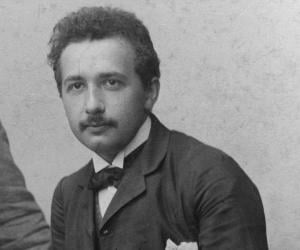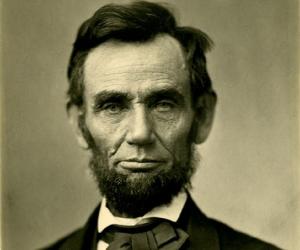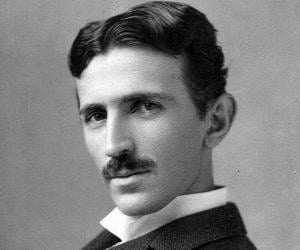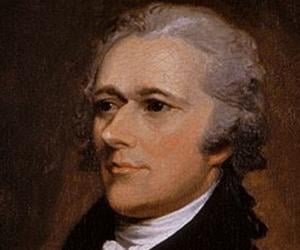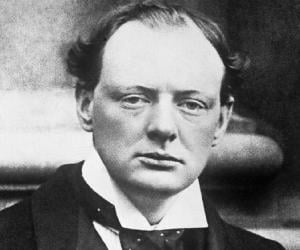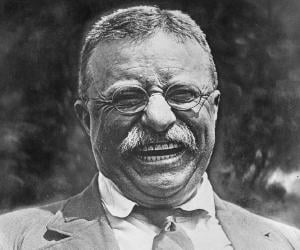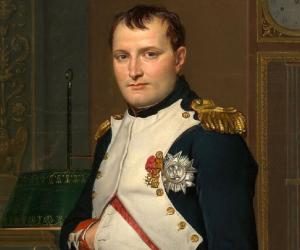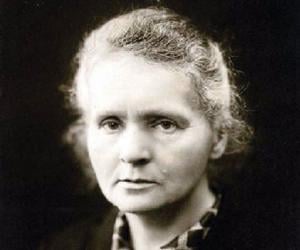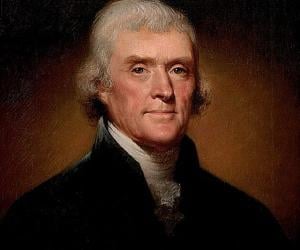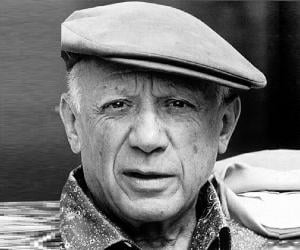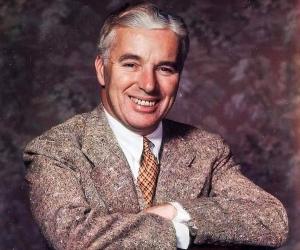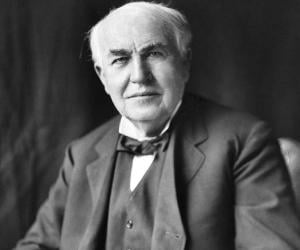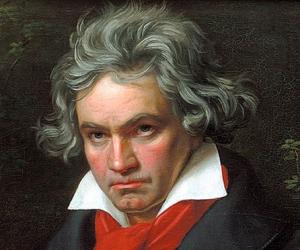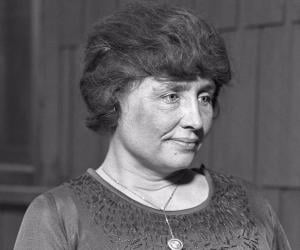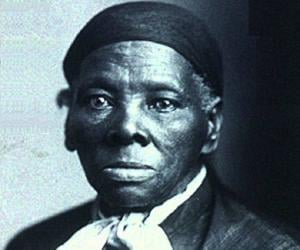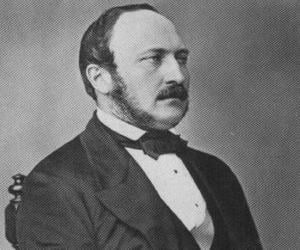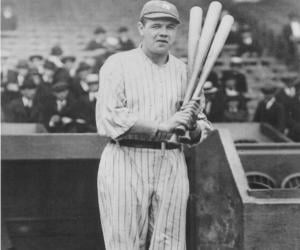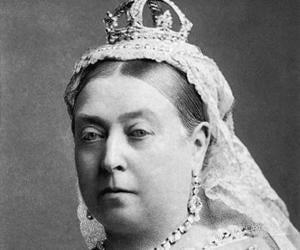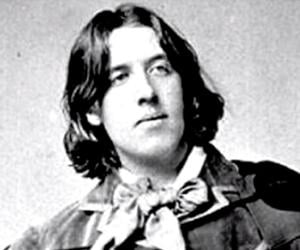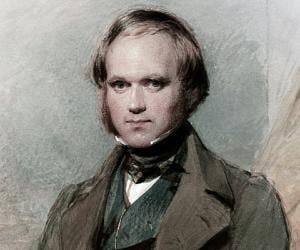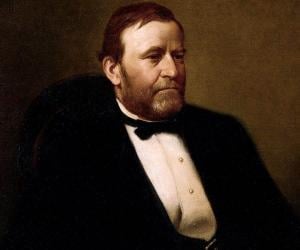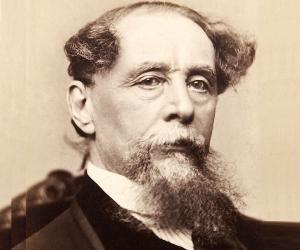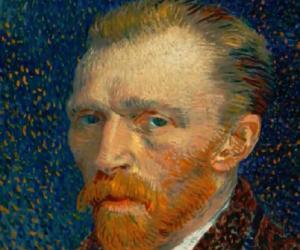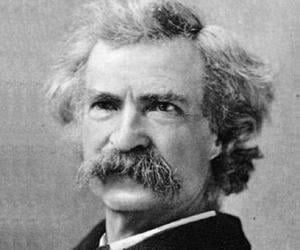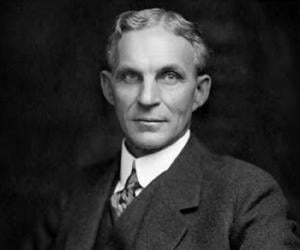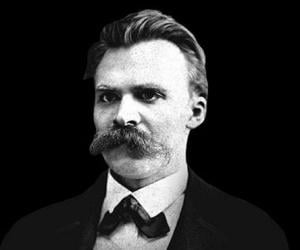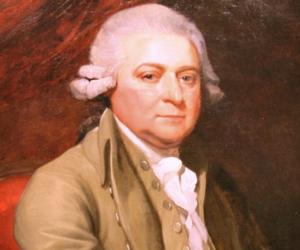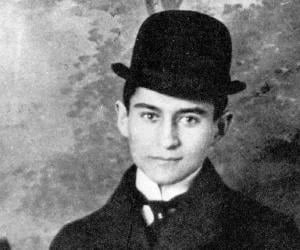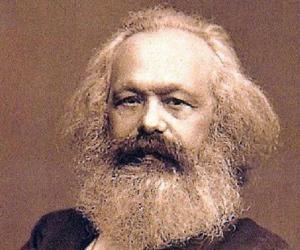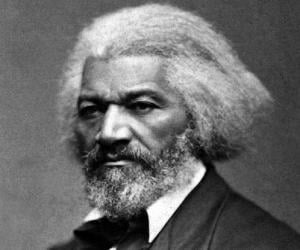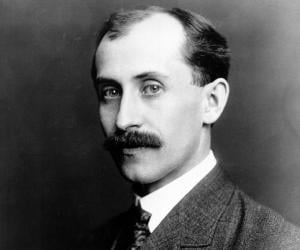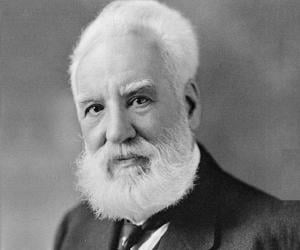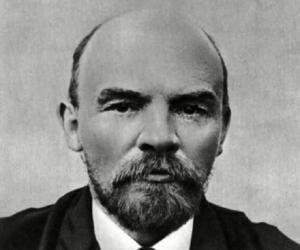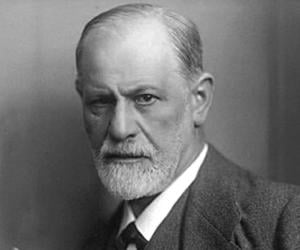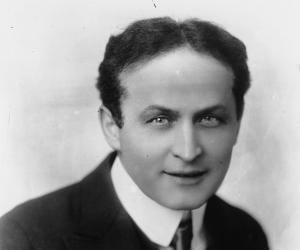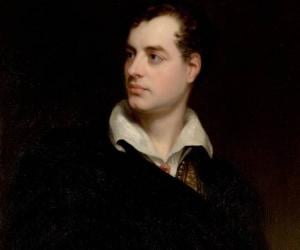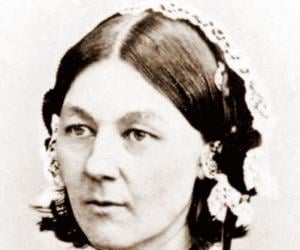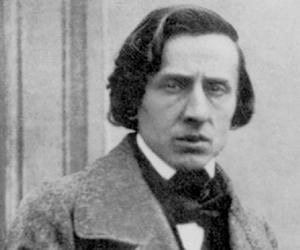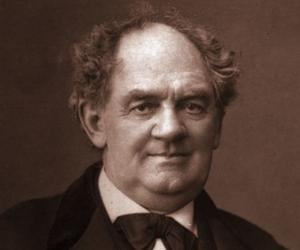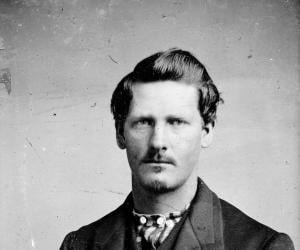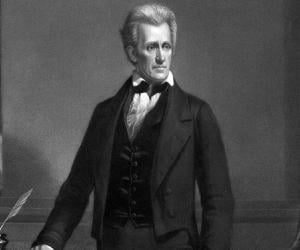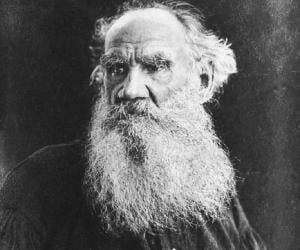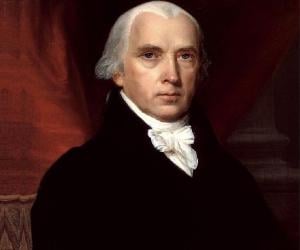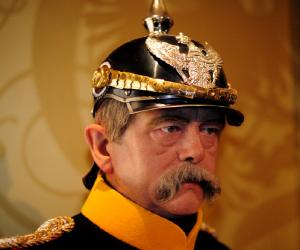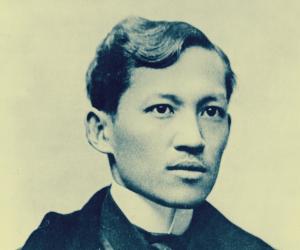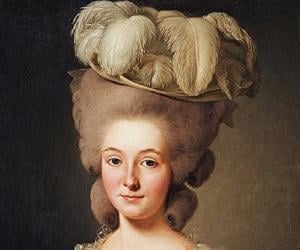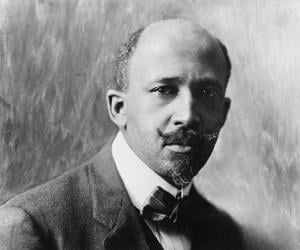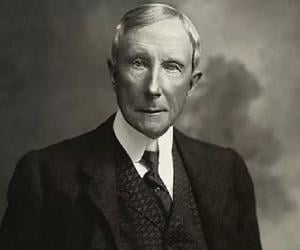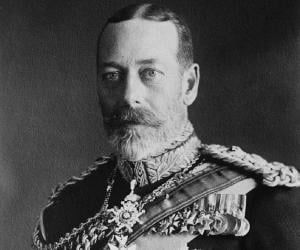A self-educated lawyer, Abraham Lincoln rose from modest background to become one of the greatest presidents of America. The 16th president of the country, who is also known as Honest Abe and the Great Emancipator, played a crucial role in establishing a truly democratic government, abolished slavery, modernised economy and led the country during the American Civil War.
Inventor, engineer and futurist, Nikola Tesla, is best remembered for his contribution to the development of the modern alternating current (AC) electricity supply system. A prolific inventor, he had around 300 patents for his inventions. Even though he earned a considerable amount of money, he had poor money management skills and died a poor man.
Known as America’s one of the most influential Founding Fathers, Alexander Hamilton was a delegate to the Constitutional Convention and served as the first secretary of the treasury. He also fought in the American Revolutionary War and was considered as a leading votary of the strong central government.
The former Prime Minister of the United Kingdoms, Winston Churchill, is known for successfully leading his country during the Second World War against the Nazi Germany. An officer in the British army, he also served as a war correspondent before venturing into politics. One of the most influential peoples in British history, Churchill was also an accomplished painter.
The 26th president of the United States, Theodore Roosevelt is generally ranked as one of the five best presidents of the country. A man of many talents, he was a politician, conservationist, naturalist, and writer. He supported Progressive Era policies in the early 20th century and championed his "Square Deal" domestic policies.
The 2nd Vice President and the 3rd President of America, Thomas Jefferson was one of the Founding Fathers of USA and the principal draftsman of the Declaration of Independence. Jefferson was a staunch advocate of democracy and a strong believer of individual rights and religious freedom, despite the fact that he himself owned nearly 600 slaves.
Pablo Picasso was a renowned artist whose paintings sell by millions of dollars at auctions even today, many years after his death. With masterful strokes, attractive shades and rich textures, Picasso created some of the most visually impressive arts of the 20th century. While exploring new styles and experimenting with different techniques, Picasso co-founded Cubist art style and co-invented collage.
Cinema lovers around the world hold Charlie Chaplin in high esteem. One of the biggest stars of the silent film era and an icon, he left the audience in splits with his comedic performances. Even today, his performances in movies like Modern Times and The Gold Rush are considered classic. The legendary actor was also a writer, director and producer.
Described as America’s greatest inventor, Thomas Edison’s legacy is an everlasting one. He was the first to help make the incandescent light bulb commercially viable, even though he was not the first inventor of it. Quadruplex telegraph, phonograph, motion picture camera and the alkaline storage battery are some the many innovations that made him a worldwide phenomenon and an icon.
German composer and pianist, Ludwig van Beethoven, remains one of the most admired composers in the history of Western music even two centuries after his death. Born into a musical family, he was initially tutored by his father. He found success early as a pianist and went on to become an admired composer despite suffering from hearing-impairment.
A prolific author, having written 12 published books and several articles, Helen Keller was the first deaf-blind person to earn a Bachelor of Arts degree. Her autobiography, The Story of My Life, made Keller famous and was adapted for film and stage. She was also an activist and campaigned for women's suffrage, labour rights, socialism and other such causes.
Born to parents who were bonded slaves, Harriet Tubman life was a difficult one from the very beginning. Yet with her remarkable courage and determination, she not only escaped slavery herself, but also led other enslaved people to freedom. The prominent political activist and abolitionist was also the first woman to lead an armed expedition during the American Civil War.
Albert, Prince Consort was the husband of Queen Victoria who earned a reputation for promoting public causes like the abolition of slavery worldwide and educational reform. He also helped develop Britain's constitutional monarchy by guiding his wife during her dealings with Parliament. After his untimely death at age 42, Queen Victoria started wearing black for the remainder of her life.
The Queen of the United Kingdom of Great Britain and Ireland for over six decades, Queen Victoria reigned for longer than any of her predecessors. Her rule witnessed the vast expansion of the British Empire and ushered in a period of industrial, cultural, political, scientific, and military changes. Her Golden and Diamond Jubilees were celebrated with great pomp and show.
Widely regarded as one of the most popular writers of all time, Oscar Wilde is best remembered for his plays and epigrams. He was also one of the best-known personalities during his time as he was popular for his conversational skills, flamboyant dressing sense, and biting wit. Imprisoned in 1895 for consensual homosexual acts, Oscar Wilde was pardoned posthumously in 2017.
Widely regarded as one of the most influential personalities in the history of mankind, Charles Darwin was an English biologist, naturalist, and geologist. He is credited with publishing the Theory of Evolution, which explains the evolution of life from a unicellular organism to human beings. A prolific writer, Charles Darwin also wrote important books on plants and barnacles.
The 18th president of the United States, Ulysses S. Grant held office from 1869 to 1877. He led the Union Army as Commanding General of the United States Army during the American Civil War and was a war hero. As president, he stabilized the post-war national economy and created the Department of Justice. Historians generally recognize his presidential accomplishments.
Widely considered the greatest novelist of the Victorian era, Charles Dickens was an English writer famous for creating world-renowned fictional characters. Regarded by critics and scholars as a literary genius, most of his short stories and novels are read around the world even today. His distinctive style of writing is referred to as Dickensian.
Vincent van Gogh was a Dutch post-impressionist painter and is said to be one of the most famous and influential figures in the history of Western art. However, he was not commercially successful in his lifetime and died by suicide at 37 after years of mental health issues and poverty. He gained recognition and respect in the 20th century.
Mark Twain, “the father of American literature,” was one of the world’s greatest 19-th century humorists and authors. His novels The Adventures of Tom Sawyer and the Adventures of Huckleberry Finn were drawn from his childhood experiences in Missouri. In his later life, he sunk into bankruptcy and also recovered.
Business magnate and founder of the Ford Motor Company, Henry Ford is credited to have made the automobile an accessible conveyance for Americans in the 20th century. Following the success of his company, he became one of the richest and best-known people in the world. He also became known for his pacifism during the first years of World War I.
German philosopher, cultural critic, composer, and poet Friedrich Nietzsche has had a profound influence on modern intellectual history. He held the Chair of Classical Philology at the University of Basel. His work spanned philosophical polemics, poetry, cultural criticism, and fiction. He suffered from numerous health problems from a young age and died at the age of 55.
One of the Founding Fathers of America, John Adams was a statesman, attorney, and diplomat who served as the second president of the United States. He was a principal leader of the American Revolution. As a lawyer, he was devoted to the right to counsel and presumption of innocence. His administration has been favorably ranked by historians and scholars.
Considered one of the major authors of the 20th century, Franz Kafka was a Bohemian short-story writer and novelist. Franz Kafka is credited for being one of the earliest German-speaking authors to explore themes like absurdity, existential anxiety, and alienation. The term Kafkaesque is now widely used in the English language to explain those situations experienced by his characters.
Karl Marx, the philosopher, economist, political theorist and socialist revolutionary, is best-known for the 1848 pamphlet, The Communist Manifesto and the three-volume Das Kapital. His theories, called Marxism, maintained that class conflict leads to the development of human societies and that internal tension were inherent in capitalism, which would ultimately be replaced by the socialist mode of production.
Social reformer and abolitionist, Frederick Douglass was a national leader of the abolitionist movement in Massachusetts and New York. Born into slavery, he had a difficult early life. Eventually, he managed to escape and dedicated the rest of his life to promoting the cause of abolition. He was a great orator and writer.
Orville Wright was an aviation pioneer who alongside his brother, Wilbur, built and flew the world's first successful motor-operated airplane, the Wright Flyer, a heavier-than-air aircraft. The three-axis control system developed by the brothers remains standard on fixed-wing aircraft of all kinds. Orville also served on the board of the National Advisory Committee for Aeronautics (NACA).
Alexander Graham Bell was a scientist, inventor, and engineer. He is credited with inventing the first functional telephone. He is also credited with co-founding America's major telephone company AT&T, which has been going strong since 1885. Bell's later life was marked by his groundbreaking work in aeronautics, hydrofoils, and optical telecommunications. He was also an ardent supporter of compulsory sterilization.
Vladimir Lenin played a key role in the history of Russian politics by developing a political ideology called Leninism. During and after his lifetime, Lenin had a massive influence over international communist movement. He is widely regarded as one of the most influential and significant personalities of the 20th century.
Regarded as the father of psychoanalysis, Sigmund Freud was a neurologist. Despite suffering criticism, psychoanalysis remains influential in the fields of psychology and psychiatry; such is the influence Freud has on humanities. Scholars believe that Freud is one of the most influential personalities of the 20th century and that his impact is comparable to that of Marxism and Darwinism.
Legendary magician Harry Houdini initially worked as a trapeze artist named “Ehrich, the Prince of the Air” and was later known for his iconic stunt of escaping from handcuffs, at times even under water and while buried alive. He died after a blow to the gut damaged his appendix.
Widely considered one of the greatest British poets of all time, Lord Byron remains influential as his works are widely read even today. He was also one of the most important personalities of the Romantic Movement. He is also known for his role in the Greek War of Independence, for which the Greeks consider him a national hero.
Romantic Era virtuoso pianist and composer Frédéric Chopin, nicknamed The Poet of the Piano, is remembered as the inventor of the instrumental ballade. The legendary composer mostly created solo piano masterpieces but also experimented with piano concertos and chamber pieces. He was influenced by Bach, Mozart, and Polish folk music.
P. T. Barnum was an American politician, showman, and businessman. He is credited with founding the famous Barnum & Bailey Circus, which ran for 146 years. He is also credited with co-founding the Bridgeport & Port Jefferson Steamboat Company, which is one of the oldest American ferry companies. His life and work have inspired many films, including The Greatest Showman.
A policeman and a gunfighter, Wyatt Earp is most known for his role in one of the most famous gunfights in the American West history - the Gunfight at O.K. Corral against a group of cowboys. The incident inspired numerous films and books that elevated his heroic status. During his life, he also worked as a truck driver and saloonkeeper.
Andrew Jackson was the 7th President of USA. His presidential reign has been termed as Jacksonian democracy and witnessed the shift of political power from established elites to ordinary voters. Coming from humble beginnings, Jackson knew the struggle of the masses and thus, worked towards creating a more inclusive country. His picture has been featured on the front side of $20 bill since 1928.
Russian writer, Leo Tolstoy, is widely considered as one of the greatest authors ever. After experiencing a profound moral crisis in the 1870s, Tolstoy went through a phase of spiritual awakening, which had a great impact on his subsequent works that incorporated ideas on nonviolent resistance. These works influenced personalities like Mahatma Gandhi, thereby effectively changing the course of history.
James Madison played an important role in drafting the US Constitution and the US Bill of Rights and is hailed as the Father of the Constitution. He also co-wrote The Federalist Papers, considered to be a seminal work of political science. As president, he led the country into the 1812 war and historians place him as an above-average president.
Jose Rizal was a Filipino polymath and nationalist. An ophthalmologist by profession, Rizal turned towards writing and inspired the Philippine Revolution through his writings. The revolution eventually led to Philippine independence and Rizal became a national hero. His life has inspired several biographical films and TV series.
The better half of one of America’s founding fathers, Alexander Hamilton, Elizabeth Schuyler Hamilton was involved in her husband’s political career during his lifetime and worked towards protecting his legacy after his death. A social worker, she lent support to multiple charitable causes including establishing New York’s first private orphanage.
W. E. B. Du Bois was an American civil rights activist, sociologist, and Pan-Africanist. Du Bois played an instrumental role in fighting for full civil rights for people of color around the world. A co-founder of the National Association for the Advancement of Colored People, Du Bois also played an important role as the leader of the Niagara Movement.
Robert Frost was an American poet. An influential poet, Frost was honored with four Pulitzer Prizes for Poetry, the only poet to receive four such awards. One of America's public literary figures, Robert Frost received the Congressional Gold Medal in 1960. His works influenced other poets like Robert Francis, James Wright, Edward Thomas, Richard Wilbur, and Seamus Heaney.
Widely regarded as the richest person in modern history and the wealthiest American ever, John D. Rockefeller was a business magnate who founded the Standard Oil Company. He was America’s first billionaire. He also defined the structure of modern philanthropy as the foundations created by him had a major effect on scientific research, medicine, and education.
George V became the King of Great Britain and the British Dominions in 1910. During the World War I, he played an active role in supporting the troops. The rise of socialism, communism, fascism and the Indian independence movement was witnessed during his rule. His reign also saw the supremacy of the elected British House of Commons established by the Parliament.
